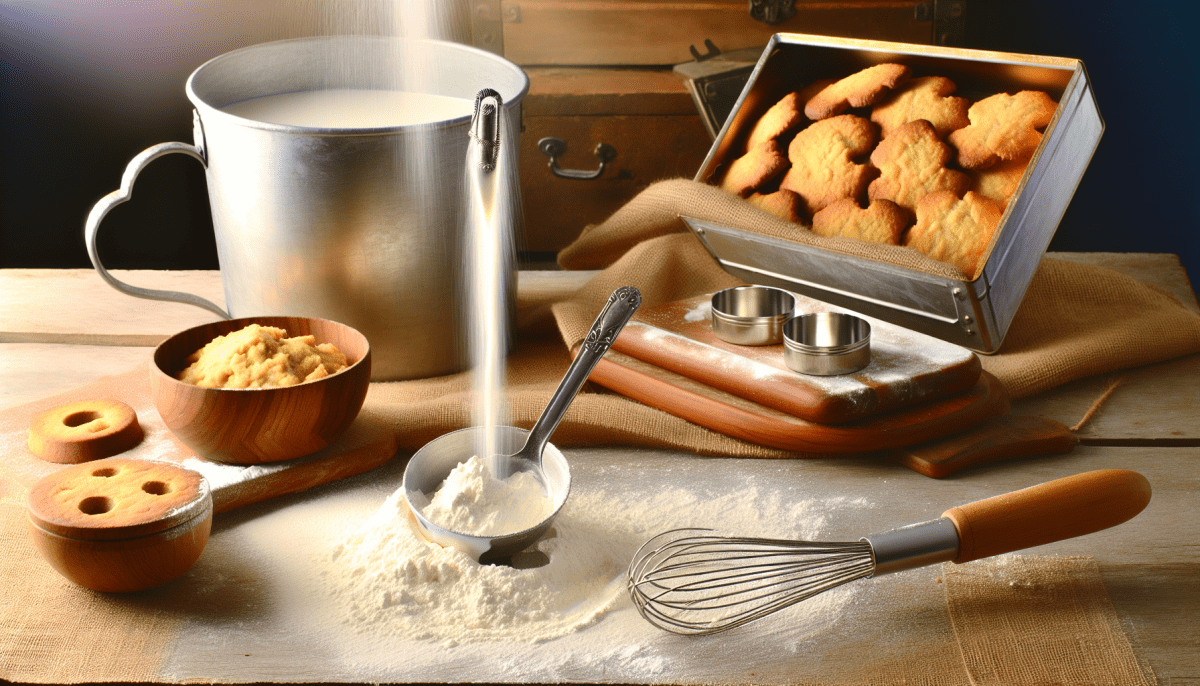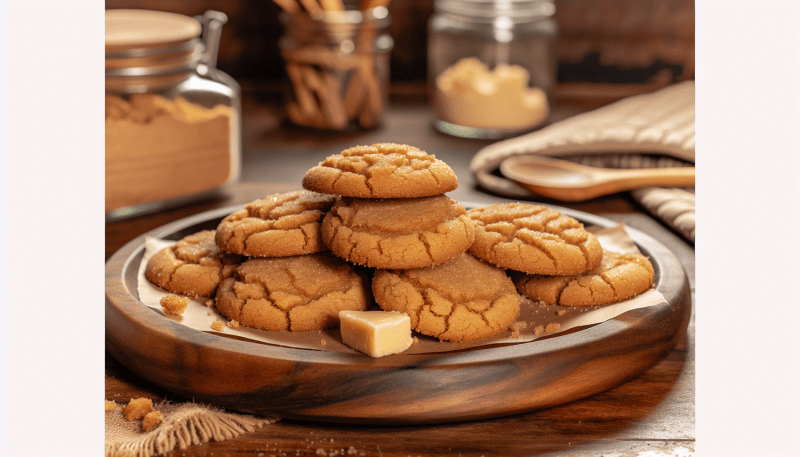Baking is both an art and a science, requiring precision and the right ingredients to achieve the perfect texture, flavor, and consistency. Among the many ingredients that can enhance baked goods, powdered milk often remains an unsung hero. This versatile pantry staple offers several advantages that can elevate your baking to new heights. Here’s a look at the benefits of using powdered milk in baking recipes.
Enhanced Flavor and Texture
-
Richer Flavor: Powdered milk adds a subtle, creamy flavor to baked goods. Unlike fresh milk, which can sometimes get diluted during the baking process, powdered milk intensifies the richness of your treats, making cookies, cakes, and bread taste more indulgent.
-
Improved Texture: The proteins and fats in powdered milk contribute to a finer crumb in cakes and a tender, moist texture in breads and muffins. This is particularly beneficial in recipes where a tender crumb is desirable, such as in delicate pastries and soft rolls.
Extended Shelf Life and Convenience
-
Long Shelf Life: One of the most significant advantages of powdered milk is its extended shelf life. Unlike fresh milk, which spoils quickly, powdered milk can be stored for months, if not years, without refrigeration. This makes it an excellent staple for those who bake infrequently or prefer to buy ingredients in bulk.
-
Convenience: Powdered milk is incredibly convenient to use. It doesn’t require refrigeration and can be easily measured and stored. This convenience is particularly useful for bakers who may not always have fresh milk on hand but still want to ensure their recipes come out perfectly every time.
Cost-Effectiveness and Versatility
-
Cost-Effective: Powdered milk is often more economical than fresh milk, especially when considering its long shelf life. For bakers on a budget, this can mean significant savings over time without compromising the quality of their baked goods.
-
Versatility: Powdered milk can be used in a wide range of baking recipes. It can be reconstituted with water to replace fresh milk or added directly to dry ingredients to enhance flavor and texture. This versatility makes it an invaluable ingredient in a baker’s arsenal.
Nutritional Benefits
- Nutrient-Rich: Powdered milk retains many of the nutrients found in fresh milk, including calcium, protein, and essential vitamins. Adding powdered milk to your baking not only enhances flavor and texture but also boosts the nutritional content of your treats.
Practical Baking Applications
-
Consistency in Recipes: Powdered milk ensures consistency in your recipes. Fresh milk’s water content can vary, affecting the moisture level in your dough or batter. With powdered milk, you have precise control over the amount of milk solids and moisture, leading to more predictable and reliable results.
-
Enhanced Browning: The lactose in powdered milk contributes to better browning in baked goods. This results in a more appealing color and a slight caramelization that adds depth to the flavor of breads, cookies, and cakes.
Conclusion
Incorporating powdered milk into your baking recipes offers numerous benefits, from enhanced flavor and improved texture to cost savings and convenience. Its long shelf life, versatility, and nutritional value make it a practical choice for both amateur and professional bakers. Next time you embark on a baking project, consider reaching for powdered milk to experience these advantages firsthand. Your baked goods will thank you!



